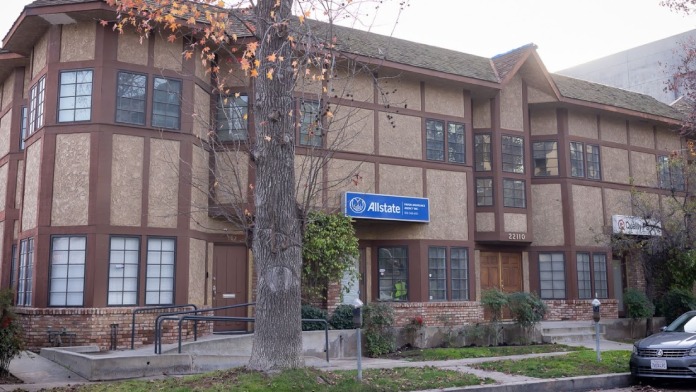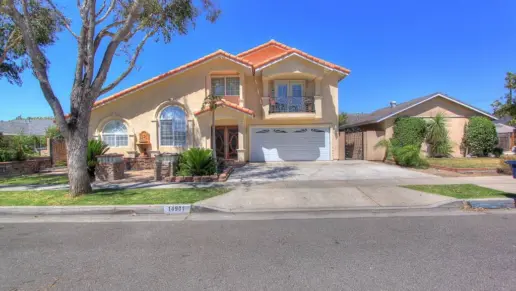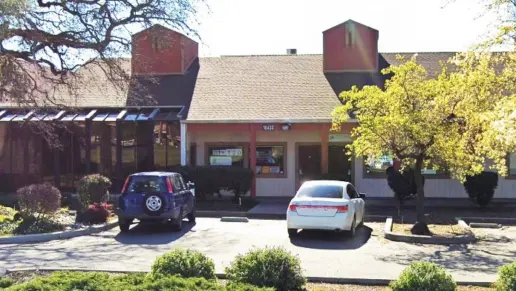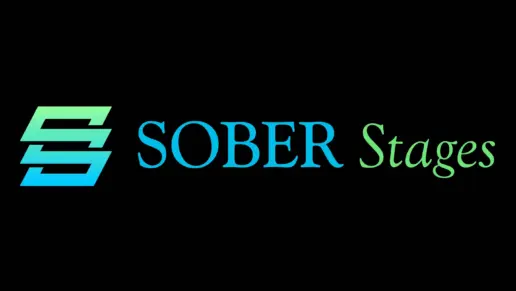About Upper Path Recovery
It’s not often that I’m thoroughly impressed with the offerings of a drug rehab facility, but Upper Path Recovery in Woodland Hills, California, has so much to offer, I wouldn’t be able to fit it all in this summary. This drug and alcohol rehab treats men and women through outpatient detox, partial hospitalization, and intensive outpatient and standard outpatient programs. They also have an inpatient program for veterans only, and highly emphasize their care and respect for those who’ve served our country.
Their veteran inpatient program offers gender-specific services and treats those with co-occurring conditions, which is sadly too common with veterans. Those suffering from addiction that is coupled with PTSD, anxiety, and depression can get the help they deserve here.
Their outpatient detox takes between three to ten days, while their intensive outpatient program is three to five days a week for three hours a day. You’ll find a very wide range of care here to fit everyone’s busy schedules. They provide medication assisted treatment by applying Suboxone or Vivitrol to your treatment, and have all the therapy options you’d expect, plus other holistic ones such as meditation, yoga, and art therapy.
Gallery

Location
Accepted Insurance
Other Forms of Payment
Private insurance refers to any kind of healthcare coverage that isn't from the state or federal government. This includes individual and family plans offered by an employer or purchased from the Insurance Marketplace. Every plan will have different requirements and out of pocket costs so be sure to get the full details before you start treatment.
Self-pay involves paying for treatment out of your own pocket. You can use savings or credit, get a personal loan, or receive help from family and friends to fund your treatment. If you don't have insurance or your insurance plan doesn't cover a specific program, self-pay can help ensure you still get the care you need.
Sliding scale payments are based on a client's income and family size. The goal is to make treatment affordable to everyone. By taking these factors into account, addiction recovery care providers help ensure that your treatment does not become a financial burden to you or your family, eliminating one barrier to care.
Addiction Treatments
Levels of Care
Treatments
The goal of treatment for alcoholism is abstinence. Those with poor social support, poor motivation, or psychiatric disorders tend to relapse within a few years of treatment. For these people, success is measured by longer periods of abstinence, reduced use of alcohol, better health, and improved social functioning. Recovery and Maintenance are usually based on 12 step programs and AA meetings.
Drug rehab in California teaches participants constructive ways to stay clean and sober. Treatment revolves around helping individuals stop using the substance they are addicted to and learn healthy habits to avoid relapse.
Many of those suffering from addiction also suffer from mental or emotional illnesses like schizophrenia, bipolar disorder, depression, or anxiety disorders. Rehab and other substance abuse facilities treating those with a dual diagnosis or co-occurring disorder administer psychiatric treatment to address the person's mental health issue in addition to drug and alcohol rehabilitation.
Mental health rehabs focus on helping individuals recover from mental illnesses like bipolar disorder, clinical depression, anxiety disorders, schizophrenia, and more. Mental health professionals at these facilities are trained to understand and treat mental health issues, both in individual and group settings.
Opioid rehabs specialize in supporting those recovering from opioid addiction. They treat those suffering from addiction to illegal opioids like heroin, as well as prescription drugs like oxycodone. These centers typically combine both physical as well as mental and emotional support to help stop addiction. Physical support often includes medical detox and subsequent medical support (including medication), and mental support includes in-depth therapy to address the underlying causes of addiction.
Substance rehabs focus on helping individuals recover from substance abuse, including alcohol and drug addiction (both illegal and prescription drugs). They often include the opportunity to engage in both individual as well as group therapy.
Amenities
-
Gym
Contact Information
22110 Clarendon St.
Woodland Hills, CA 91367




